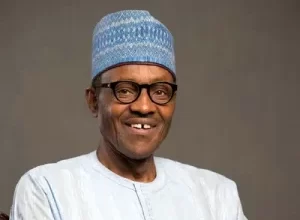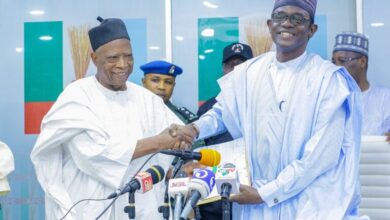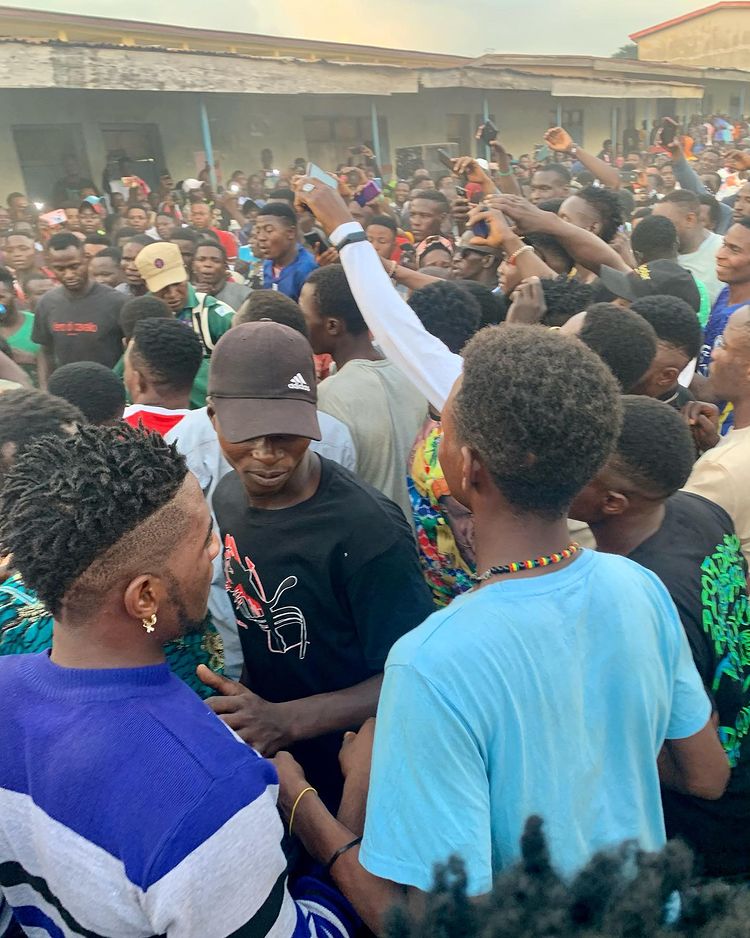
Arsenal Loan Out Nicolas Pépé to Nice: What It Means for Both Clubs
In a move that’s been brewing behind the scenes, Arsenal have officially loaned out Nicolas Pépé to OGC Nice for the remainder of the season.
The announcement ends weeks of speculation and marks a fresh start for the Ivorian winger, who’s struggled to make his mark in North London.
A High-Profile Signing That Fell Short
Back in 2019, Pépé arrived at the Emirates amid high expectations following a £72 million transfer from Lille.
Arsenal fans hoped he’d bring pace, flair, and goals. While he occasionally delivered moments of brilliance, 27 goals in 112 appearances, his overall impact remained underwhelming.
Under Mikel Arteta, Pépé has often been relegated to a bench role, featuring mostly as a substitute.
Despite flashes of his old Ligue 1 form, consistency remained elusive.

Return to Familiar Ground in Ligue 1
At 27, Pépé now returns to a league where he once shone brightly.
His record at Lille was impressive: 37 goals in 79 appearances, including 22 goals and 11 assists in his final season alone.
He was unveiled by OGC Nice ahead of their Europa Conference League second-leg clash with Maccabi Tel-Aviv FC, where the French side emerged victorious with a 2–1 aggregate win after extra time.
No Option to Buy
Interestingly, OGC Nice did not secure a purchase clause in the loan deal.
This suggests Arsenal still sees some value in Pépé, or at least hopes for a resurgence in form that could raise his market value ahead of his contract expiry in 2024.
He didn’t feature in any of Arsenal’s three Premier League wins this season, with the Gunners sitting at the top of the table.
Meanwhile, Nice sits 16th in Ligue 1, winless after three matches, a scenario where Pépé’s experience might come in handy.
Still Relevant on the International Stage
Despite club struggles, Pépé remains a regular fixture for the Ivory Coast national team, further underlining his talent.
A strong season at Nice could reinvigorate both his club career and international standing.
What’s Next for Pépé?
This loan might just be what Nicolas Pépé needs: a return to familiar territory, regular minutes, and a chance to prove he still belongs among Europe’s elite wingers.
Whether it reignites his Arsenal future or opens the door to a permanent Ligue 1 return, all eyes will be on how he performs for Nice in the coming months.
Related
- Arsenal’s Best 3 Highest Goal Scorers Of All Time
- Liverpool Players’ Performance Breakdown in the Great 3-2 Loss Against Arsenal
- United Striker (Marcus Rashford) Attracts Latest Move Interest From Arsenal
- Liverpool 1 Vs 1 Arsenal Full Match Highlights
Discover more from Labaran Yau
Subscribe to get the latest posts sent to your email.



















